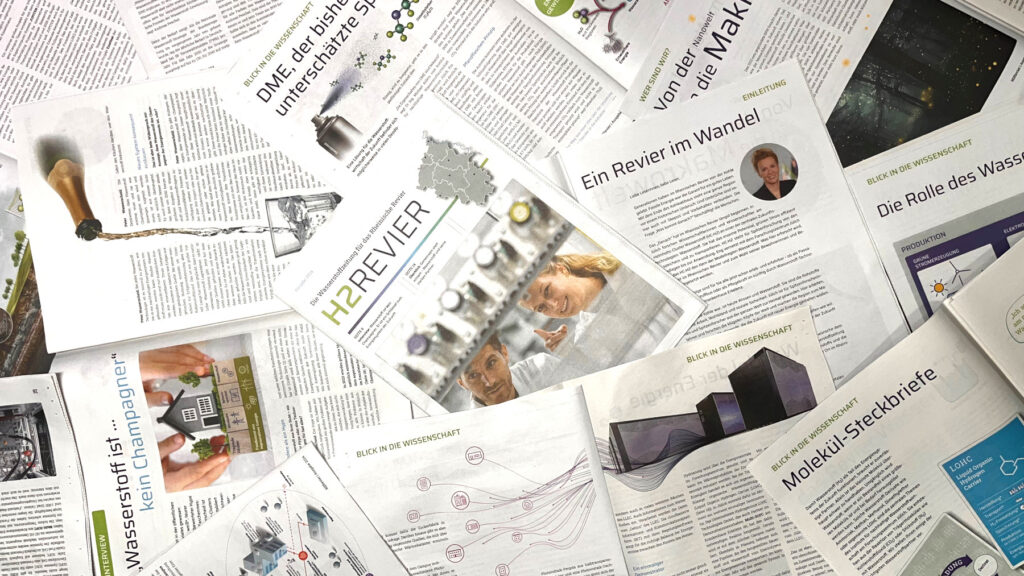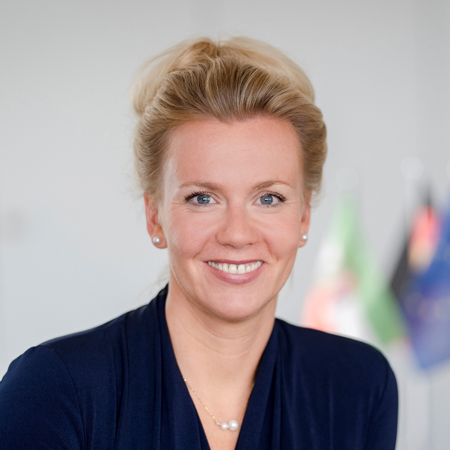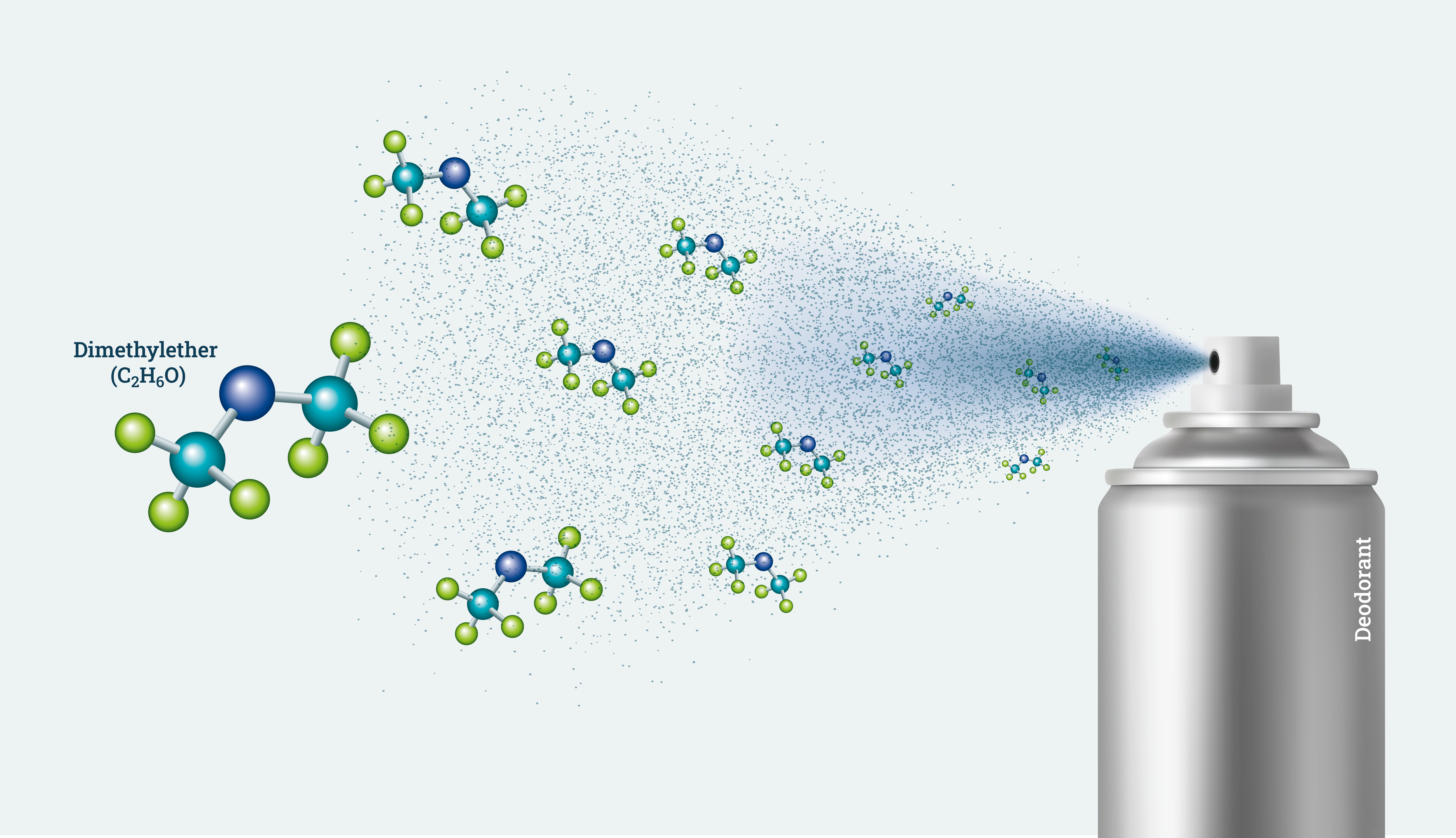We are pleased to present the second issue of the hydrogen magazine H2Revier. It will be distributed with Sunday newspapers in many towns and communities around the opencast mines and power stations in the Rhineland mining area.
The newspaper can be found online here, where it can be downloaded or browsed through.
In this second edition, we want to show you the opportunities that hydrogen offers for the Rhineland region and for the world. These are big words for the smallest molecule in existence. But we are not alone in our conviction that hydrogen will be one of the pillars of a climate-friendly energy economy capable of meeting humanity’s growing needs.
“No generation has ever had access to as much knowledge and expertise as we do. So we have every opportunity to turn the Rhineland mining region into the mining region of the future.”
Ina Brandes, Minister for Culture and Science of North Rhine-Westphalia, ©MKW/Anja Tiwisina
This is what Ina Brandes, Minister for Culture and Science in North Rhine-Westphalia, writes in her welcoming address at the beginning of the publication.
In this magazine, we introduce you to the people and projects at the Institute for Sustainable Hydrogen Economy at Forschungszentrum Jülich, which forms the core of our cluster.
We explain the role hydrogen can play in the future and highlight projects already underway in the Rhineland mining region. We show how the entire research centre campus is becoming a real-world laboratory where all possibilities for the energy system of the future are being tested. And we provide an insight into Jülich’s fundamental research on electrolysers and fuel cells.
We also take a look at other strong partners in the region, such as RWTH Aachen University, where the COSIMa project will soon present its findings on how the glass industry can use hydrogen. NEUMAN & ESSER is playing a leading role far beyond the region, demonstrating how hydrogen production can be scaled up on a large scale.
But we also show how hydrogen growth can begin, for example in the Startup Village Jülich, where founders have the opportunity to take their first steps towards setting up their own companies. One of the first residents of the village comes from our ranks: Simon Hahn with his idea of using hydrogen to enable industry to generate precisely tailored process heat with emission-free combustion.
We would like to express our special thanks to the Federal Ministry of Education and Research, without whose support the work of our cluster would not be possible.
The copyright for the images used on this website is held by Forschungszentrum Jülich, aligator kommunikation GmbH and
stock.adobe.com.


